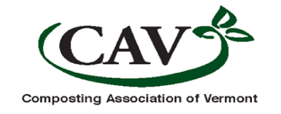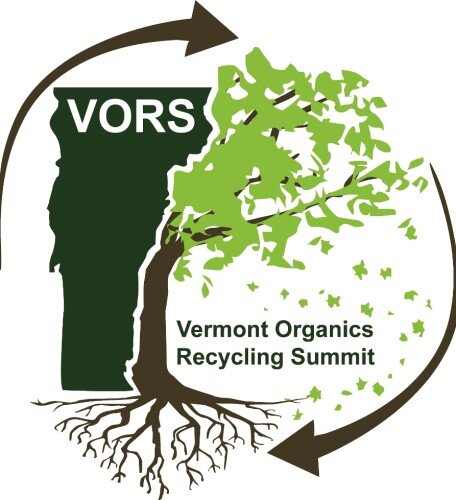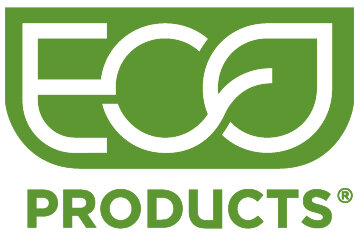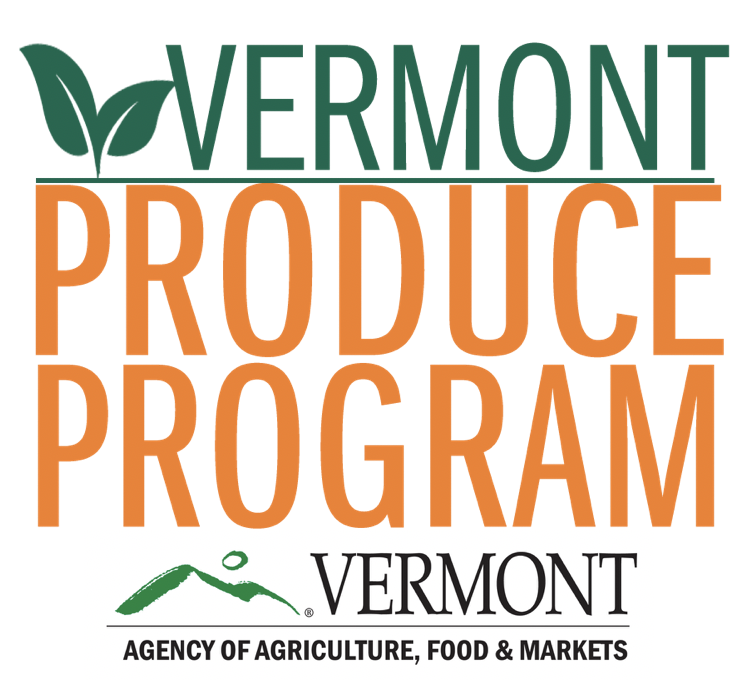17th Annual Vermont Organics Recycling Summit
For Healthier Soil, Healthier Food… Compost!
May 1-5, 2023
(a “kick off” event, one week before International Compost Awareness Week)
VORS 2023 Program of Events
Monday May 1st
-
Deputy Commissioner, John Schmeltzer, will start the Summit with opening remarks.
-
from Alyssa Eiklor, Materials Management Section of the Vermont Department of Environmental Conservation Solid Waste Program
-
Brenda Platt directs the Composting for Community Initiative at the Institute for Local Self-Reliance
-
Windham Solid Waste Management District (WSWMD) has operated a composting facility using turned windrow methods since 2012 The site manages source-separated food scraps, food processing residuals, leaves, wood chips, and other feedstocks, and sells screened compost as “Brattlegrow.” The site needs to expand its capacity to meet the increased volume of food scraps following the implementation of Act 148, and change its status from a small certified facility to a permitted medium-scale composting facility. This presentation will describe the planning and design process to integrate compost aeration and heat recovery (CAHR) in order to increase the space and labor efficiency of operations on a limited footprint. The regulatory, design, planning, fundraising, and other development work to identify an economical infrastructure and operating plan will be discussed.
Panelists:
Brian Jerose, Agrilab Technologies Inc.
Robert Spencer, WSWMD
Tuesday May 2nd
-
CAV's on-farm composting project offers participating farms and communities a cost-effective solution for diverting food and organic waste to composting, significantly benefiting farmers and community members. These benefits include diverting food scraps from landfills, producing compost for on-farm use, helping to spark more interest in healthy soils, reducing the use of fertilizers, and - in some cases - reducing food insecurity. Additionally, it helps create a more "waste-aware" culture through local management, diversion, and composting of food scraps & other organic materials, increasing the adoption of creative food recovery to benefit communities & build resiliency. Join us to hear from some of our partner farmers and learn how to get involved!
Panelists:
Athena Lee Bradley, independent consultant
Cat Buxton, Grow More, Waste Less
Natasha Duarte, Composting Association of Vermont
Liz Freierman, Highwater Farm
Dan Kilrain, Work Song Farm
Ben Tipton, Firefly Farm
-
There are challenges - and solutions - when importing food residuals onto farms for composting. Join this session to hear from VAAFM about what they've seen and potential strategies to mitigate concerns. They'll provide information on the water quality standards required to comply with the Require Agricultural Practices Rules and a status update on rulemaking endeavors about on-farm composting. There will be plenty of time for Q&A following the presentation.
Panelists:
Steve Cash, VAAFM
Stephanie Smith, VAAFM
Zach Szczukowski, VAAFM
-
Compost for Good's Jennifer Perry will present a summary of their work supporting farmers interested in improving soil health, reducing the need for expensive chemical inputs, offering a community service and or increasing on-farm income. She’ll focus on microscopy as a soil health tool, the implications of biologically rich soil, and opportunities to enrich soil health through extracts and teas.
Presenter:
Jenn Perry, Compost for Good
Wednesday May 3rd
-
We all know Vermont’s food waste recycling goals rely on haulers to transport materials from generators to destination facilities. Often overshadowed is the critical role haulers play in assuring the cleanliness and purity of organics entering the recycling system. This session will cover the important part haulers play in screening source-separated food residuals, will identify policies, tools, and resources for haulers to utilize with customers, and will empower haulers to play an engaged role. Q&A is encouraged and welcome! There will also be time during this session for haulers to share their challenges and solutions for hauling food scraps and to learn from each other.
Presenters:
Josh Kelly, ANR/DEC
Ben Gauthier, ANR/DEC
-
In this presentation, we will provide an update on results from our recent studies in Vermont aimed at quantifying microplastic contamination in composts, digestates, and food wastes. We'll then compare the Vermont results to findings from a broader literature review. We will discuss measurement methodology and propose a roadmap for linking science and policy to maximize the benefits of food waste diversion while minimizing the risk of microplastic pollution.
Authors: Kate Porterfield, Sarah Hobson, Matthew Scarborough, Deb Neher, Meredith Niles, and Eric Roy*
*Correspondence: Dr. Eric Roy, Associate Professor, Rubenstein School of Environment & Natural Resources, University of Vermont, eroy4@uvm.edu)
Presenters:
Kate Porterfield, UVM
Sarah Hobson, UVM
-
Philo Ridge Farm, in Charlotte, Vermont, uses innovative, ecologically sustainable agricultural practices on four hundred acres of healthy pasture land, forests, and diversified produce gardens. They rotationally graze heritage breeds of livestock and grow certified organic fruits, vegetables, and flowers. Everything harvested is processed and sold in their kitchen and market, featuring a changing menu of seasonal dishes and grocery and specialty housewares that showcase Vermont's local artisans and farmers. The core pillars of their regenerative agriculture system are building healthy soils, increasing water retention and purity, enhancing biodiversity and ecosystem resilience, and reducing carbon emissions through significant carbon sequestration. They have partnered with UVM to establish a research and evaluation protocol that can be used by other farms around the state to produce healthy soils. In their kitchen and market, they aim to have a closed-loop nutrient system, which means they waste little to no food. Kitchen scraps and plate scrapings from customers, along with bedded pack, manures, and garden refuse, are composted on-site. Join us for this in-person Kitchen-to-Compost tour, organized by the Farm to Plate Food Cycle Coalition, to get an inside glimpse at the creative and intentional systems in place at Philo Ridge Farm.
Organized by Natasha Duarte, as Chair of the Farm to Plate Network Food Cycle Coalition
-
We hope you’ll join us at the outdoor restaurant at Philo Ridge Farm to mingle, network, and casually discuss the benefits of compost and what motivates you in this industry. Sponsored by Eco-products, manufacturers of certified compostable packaging, they understand that their products cannot 'close the loop' without participation from all hands that touch these products along their life cycle. You’re invited to share your insights about how compostable packaging impacts the ability to achieve waste reduction and diversion goals.
Enjoy light snacks and beverages as we celebrate and show appreciation to those of you who continue the hard work of waste diversion and compost advocacy across the State and beyond.
Thursday May 4th
-
The USDA’s Natural Resources Conservation Service (NRCS) provides technical and financial assistance to agricultural producers and landowners who are interested in implementing voluntary conservation on their farms and forests. Tom Akin, an NRCS Agronomist in the Colchester NRCS office, will give a short presentation on some of the composting projects recently completed with NRCS assistance and some of the opportunities available to Vermont’s farmers interested in composting.
Presenter:
Tom Akin, NRCS
-
Recently, there have been many concerns raised over contaminants in compost. Physical and chemical inputs have industry professionals and citizens alike concerned about what we may be putting on our soils. Across the nation, policy is following those concerns. Whether it's PFAS, biosolids, microplastics, or trash, the spotlight is on preventing or reducing, and managing all of it. This session will be a conversation with industry experts to discuss and answer questions on possibilities for best management for some of these more challenging organic waste streams. Bring your questions, curiosity, and creativity to this open conversation as we consider:
What do we collectively do with problematic organic wastes?
Where can they be reasonably used?
What's happening upstream to try to make these organic residuals safer? What are the opportunities and limitations?
Panelists:
Andrew Carpenter, Northern Tilth, LLC
Josh Kelly, ANR DEC
Eamon Twohig, ANR DEC
Josh Tyler, CSWD
Facilitator: Natasha Duarte, CAV
-
The concept of using wood waste products to filter and clean water has been around for decades, and how these products are used has changed over time. This workshop will explore the evolution of the approaches used within stormwater management, including the use of newer filtration applications being developed to address difficult-to-control pollutants. We’ll cover the fundamentals of how composted materials are being used to improve water quality and provide some case studies of these approaches on construction sites and established sites.
Presenter:
Jack Eaton, Filtrexx, Northeast Systems
Friday May 5th
-
Jumping worms have spread to every corner of Vermont. You likely know someone who has them in their garden, mulch, or on the edge of their lawn. These invasive worms rapidly consume organic material, negatively impacting entire ecosystems. Frost kills the adults, but their eggs and cocoons can survive a Vermont winter. Thankfully, heat kills both the worms and cocoons. But there are several places between a compost facility and a garden or yard where jumping worms can be introduced. Join this session to learn best practices for composters, nursery and garden center operators, landscapers, and individuals. Let's work together to slow the spread! Refresh yourself on this topic by listening to last year's introduction, starting at: 43:11.
Panelists:
Josef Görres, UVM
Emilie Inoue, VAAFM
Facilitator: Dan Goossen, CSWD Green Mountain Compost
-
In this session, we'll learn about cooperative models in organics management and farming and some of the challenges that groups face when they don't "conform to the norm." We'll hear from:
Josefina Luna from CERO (Cooperative Energy, Recycling, and Organics), a worker-owned commercial composting cooperative in Dorchester, MA, whose mission is to keep food waste out of landfills, save money for their clients, and provide good, green jobs for Boston's hard-working communities;
Ulum Pixan Athohil Suk'il from Global Village, an international education, training, and movement-building initiative in Grafton, MA, that aims to connect people from diverse backgrounds through food and farming to build community, with food justice firmly at the center of their practices; and
Rubén Parrilla from NOFA/Mass. Working to promote organic agriculture to expand the production and availability of nutritious food from living soil for the health of individuals, communities, and the planet, NOFA-Mass partners with Global Village, providing technical assistance to support their vision.
Questions? Contact us!
Natasha Duarte, Director Composting Association of Vermont
Phone: 802.373.6499
Special thanks to:
Thanks to our sponsors!!
Learn what the Produce Safety Rule means for your business.














